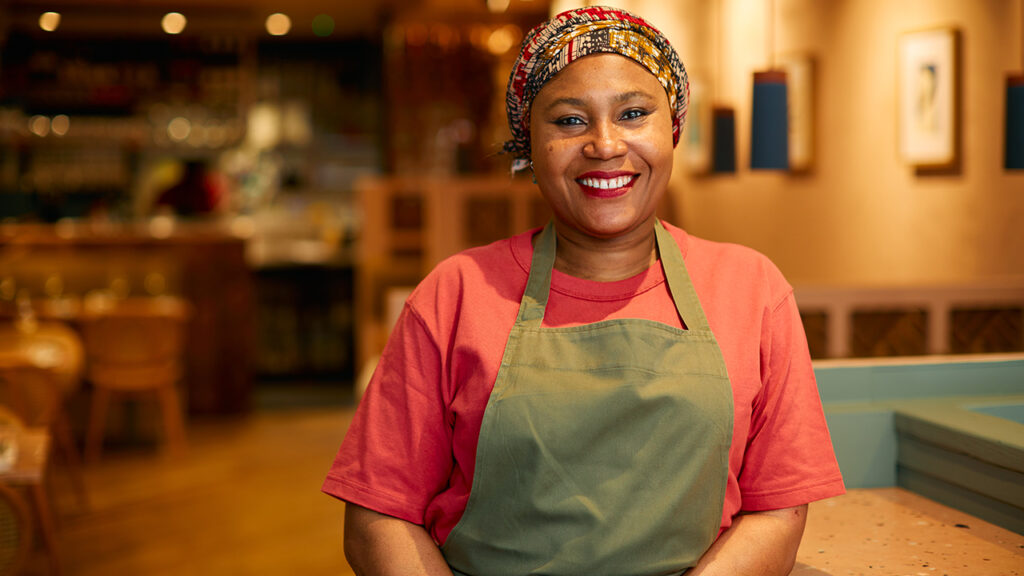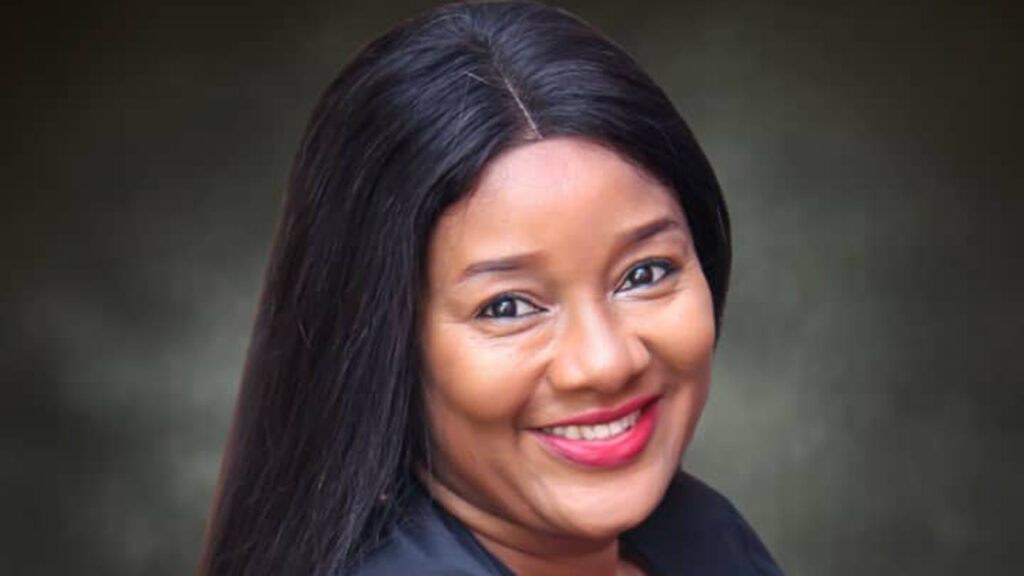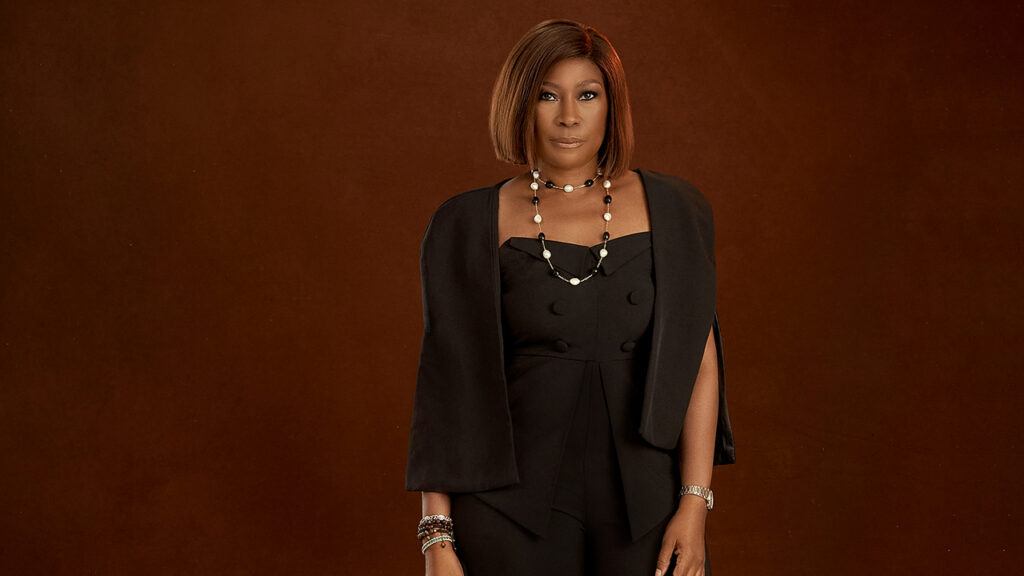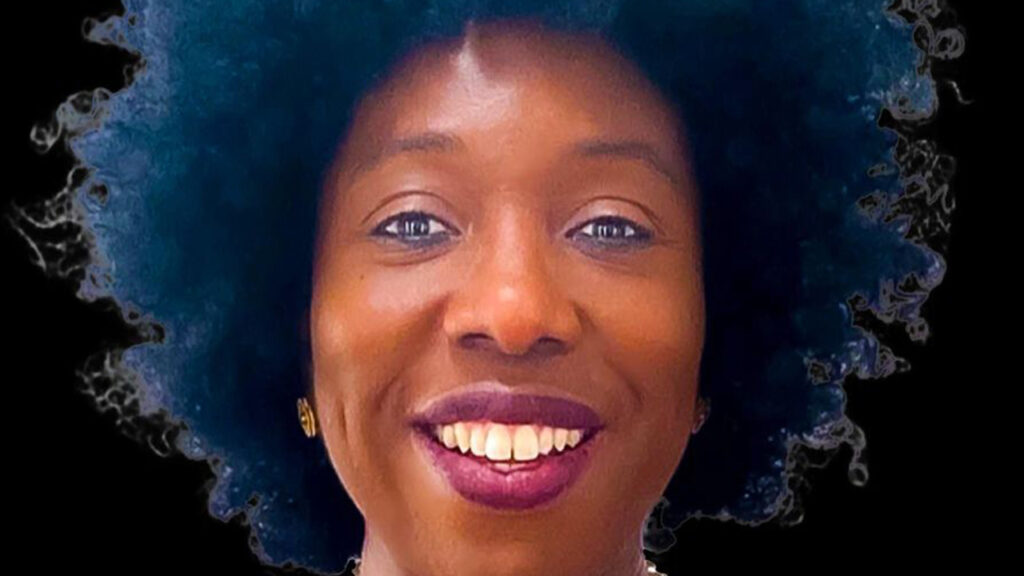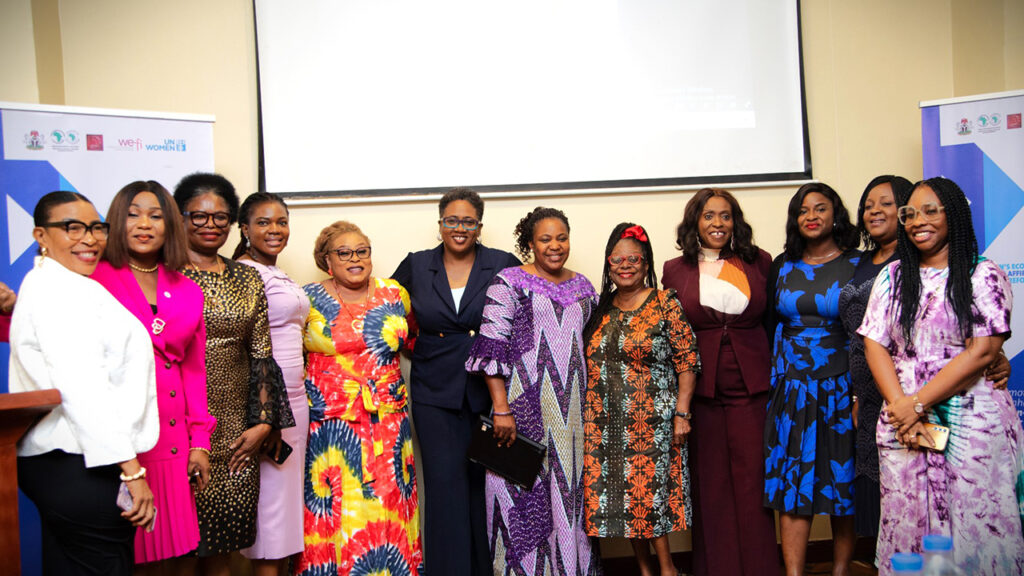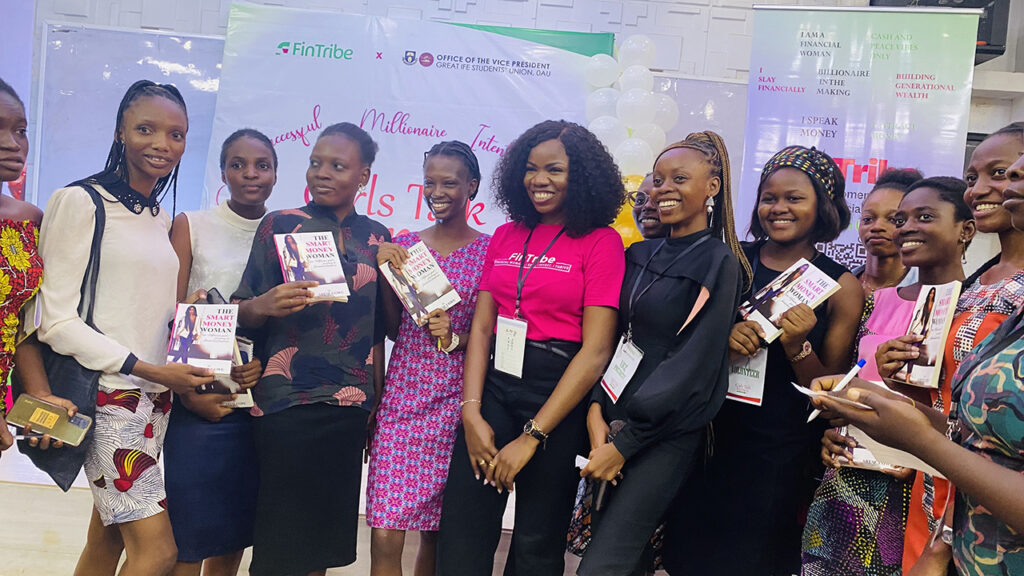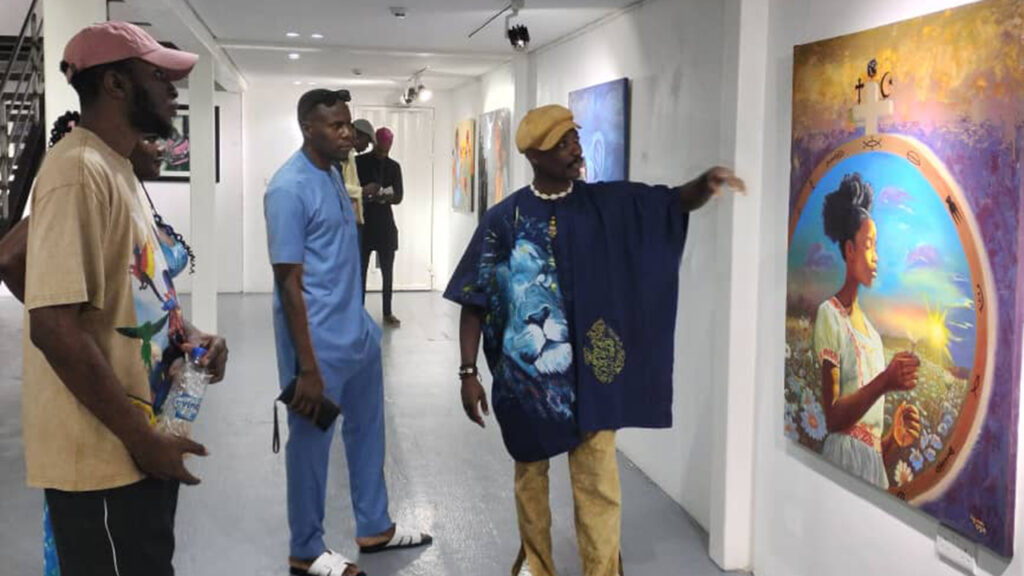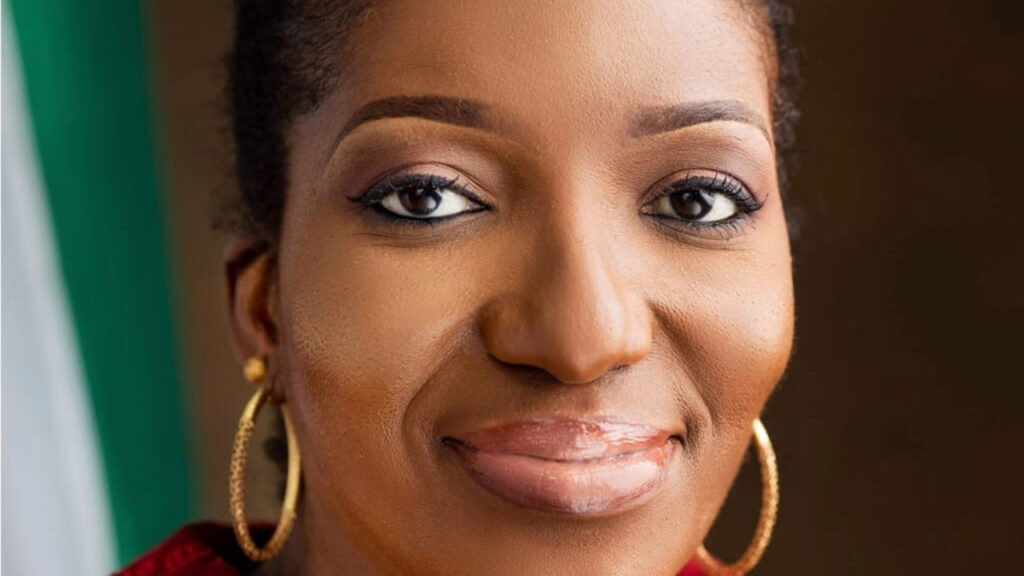 Amid the chaos of blaring horns and hustling market vendors, a silent revolution is taking place in Lagos; busy streets. Although the revolutions effects are not often immediately apparent, they are deeply ingrained in Nigerian culture. It is a movement that aims to advance inclusivity and women rights; it is a path full of obstacles as well as chances for development and improvement.
Amid the chaos of blaring horns and hustling market vendors, a silent revolution is taking place in Lagos; busy streets. Although the revolutions effects are not often immediately apparent, they are deeply ingrained in Nigerian culture. It is a movement that aims to advance inclusivity and women rights; it is a path full of obstacles as well as chances for development and improvement.
Now, let us picture this: A young girl named Ngozi, growing up in a rural village in
southeastern Nigeria. From a tender age, she dreams of becoming a doctor, of healing the sick
and bringing hope to her community. But as she grows older, she encounters obstacles at every
turn. Her parents, adhering to traditional gender roles, believe education is wasted on girls.
They prioritise her brother’s schooling, relegating Ngozi to household chores and marriage talks. Ngozi’s story is not unique. Across Nigeria, countless girls and women face similar barriers to realising their aspirations. Yet, despite the challenges, there is a glimmer of hope on the horizon.
The fight for women’s rights and inclusivity in Nigeria is gaining momentum, propelled by
determined individuals and organisations striving for change.
To address the challenges facing women in Nigeria, it’s crucial to delve into the root causes.
Deeply entrenched patriarchal norms, limited access to education and healthcare, economic
disparities and systemic discrimination are among the key obstacles hindering women’s progress.
Patriarchal norms dictate societal expectations, relegating women to subordinate roles both
within the household and in the public sphere. From early childhood, girls are socialised to
prioritise marriage and motherhood over personal and professional ambitions. This cultural
mindset perpetuates gender inequality and restricts women’s agency and autonomy.
Access to education remains a significant challenge for many Nigerian girls. Despite progress
in recent years, barriers such as poverty, inadequate infrastructure and cultural beliefs continue to impede girls’ enrollment and retention in schools. Moreover, economic disparities exacerbate gender inequality, particularly in rural areas where women lack access to financial resources and economic opportunities. Discriminatory practices in the workplace, including lower wages and limited career advancement prospects, further marginalise women and perpetuate economic dependence.
Despite these challenges, there is cause for optimism. The landscape of women’s rights in
Nigeria is evolving, driven by a groundswell of activism, advocacy and policy reforms. From
grassroots movements to government initiatives, various stakeholders are working tirelessly to
dismantle barriers and create a more inclusive society.
Education emerges as a potent tool for empowerment and social change. Organisations like the
Malala Fund and Girl Child Concerns are championing girls’ education initiatives, advocating
for policies to improve school enrollment, retention and quality of education for girls across
Nigeria.
Economic empowerment programmes play a pivotal role in advancing women’s rights and
inclusivity. Initiatives such as microfinance schemes, vocational training and entrepreneurship development programmes provide women with the resources and support to pursue economic independence.
Legislative reforms are also instrumental in driving progress towards gender equality. The
passage of the Violence Against Persons Prohibition (VAPP) Act in 2015 represents a significant milestone in Nigeria’s efforts to combat gender-based violence and protect women’s rights. However, effective implementation and enforcement of existing laws remain a challenge,
highlighting the need for continued advocacy and legal reforms to address systemic barriers to
women’s rights.
Addressing systemic barriers, fostering inclusivity and empowerment requires a shift in societal attitudes and perceptions towards gender roles and responsibilities. Cultural and religious leaders play a crucial role in challenging harmful stereotypes and promoting gender equality within their communities. By leveraging their influence and platforms, these leaders can advocate for the rights and dignity of women and girls, paving the way for more inclusive and equitable societies.


